Our people
Core members
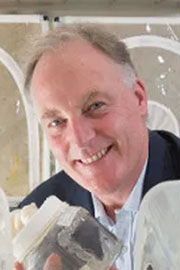 Director
Director
Department of Biological Sciences
Professor Phil Taylor
Professor Taylor’s research focuses on environmentally benign and sustainable management of economically important fruit flies, drawing on experience and expertise in basic biological processes to develop innovative management tools.
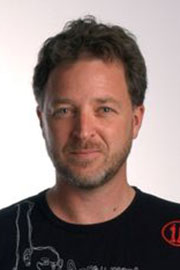 Deputy Director
Deputy Director
Department of Biological Sciences
Professor Michael Gillings
Professor Gillings’ research explores genetic diversity, and its use to detect, identify and track organisms. His interests include genetic diversity of microorganisms, molecular diagnostics of exotic plant diseases and antibiotic resistance and discovery.
Executive board
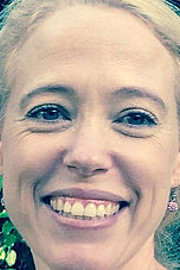 | Dr Linda BeaumontDr Beaumont develops biologically informed models to explore climate change-associated shifts in the timing of species life cycles and distributions and to understand invasive potential of exotic species. |
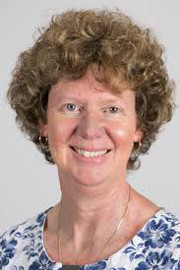 | Professor Michelle LeishmanProfessor Leishman’s research centres on plant ecology, examining plant and vegetation responses to climate change, invasive plants, plant conservation and restoration ecology, and ecological impacts of Myrtle Rust. |
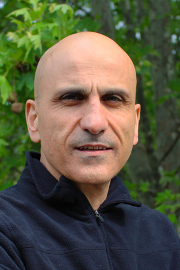 | Dr Anwar SunnaDr Sunna’s research involves use of molecular technologies for capture/concentration, identification and rapid detection of environmental pathogens. |
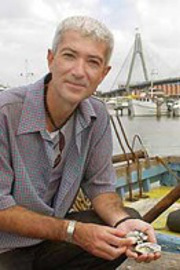 | Professor David RaftosProfessor David Raftos is interested in effects of disease on aquaculture industries, particularly oyster farming, mechanisms of disease resistance in oysters, and how environmental and ecological factors alter the virulence of disease. |
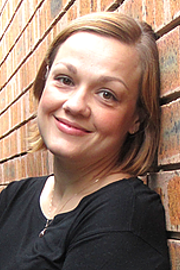 | Dr Marianne Peso, ManagerDr Peso facilitates communication between members and the presentation of our work to the public. Her research examines the behaviour and physiology of agricultural pests and beneficial insects. |
Advisory Board
Deputy Vice Chancellor Research | |
Professor Phil Taylor, Centre Director | |
Professor Michael Gillings, Centre Deputy Director | |
Dr Gary Fitt, Deputy Director - Science, CSIRO Health and Biosecurity | |
Dr Leigh Pilkington, Biosecurity and Food Safety, NSW Department of Primary Industries | |
| Dr Chris Reid, Australian Museum | |
Dr Karrie Rose, Manager of the Australian Registry of Wildlife Health, Taronga Zoo |
Academic Staff
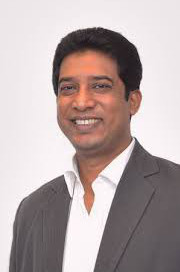 | Professor Shawkat AlamProfessor Alam’s research interests include international environmental law and trade related aspects of biosecurity law and policy, as well as market access issues involving the biosecurity and trade nexus. |
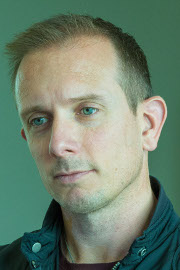 | Associate Professor Andrew BarronAssociate Processor Barron is interested in honey bee colony function, and the impact of stressors on bee colonies and colony collapse disorder. Interests also include bee neurobiology, memory, reinforcement and stress. |
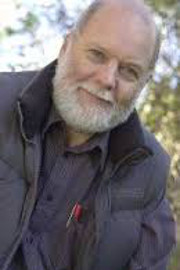 | Emeritus Professor Andy BeattieProfessor Beattie’s research interests include plant-insect interactions, insect-microbial interactions, the discovery and measurement of biodiversity, as well as economic importance of microbial and invertebrate biodiversity. |
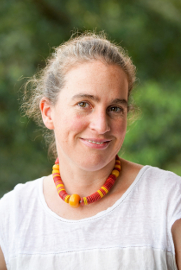 | Associate Professor Melanie BishopAssociate Professor Bishop investigates impacts of biological invasions on estuarine and coastal ecosystems, impacts of disease on aquaculture and on biodiversity, and management of marine diseases and invasive pests. |
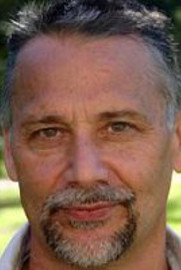 | Dr Russell ConnallyDr Connally develops novel ultrasensitive instrumentation for field analysis of pathogens, especially handheld microcontroller based instruments. |
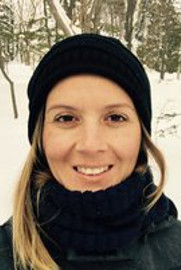 | Dr Rachael DudaniecDr Dudaniec studies how rapid and dynamic changes in the landscape and environment affect the persistence and adaptability of species, including invasive and pest species. She applies this knowledge to conservation management and control of insect pests. |
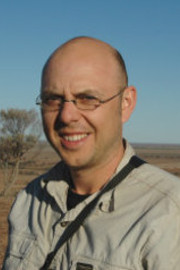 | Professor Simon GriffithProfessor Griffith takes evolutionary approaches to understanding how introduced birds become established and adapt to new environments. He is interested in genetics of invasive species and interactions between introduced and native species. |
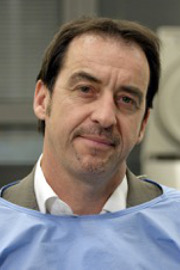 | Professor Gilles GuilleminProfessor Guillemin is studying the effect of cyanotoxins on fish and molluscs and on human health. He is developing a test to detect the toxin BMAA which is associated with Motor Neuron Disease and Alzheimer’s disease. |
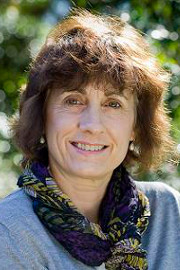 | Professor Lesley HughesProfessor Hughes investigates the impacts of climate change on species and ecosystems, especially invasive weeds and insect pests that pose biosecurity threats to natural and developed ecosystems. |
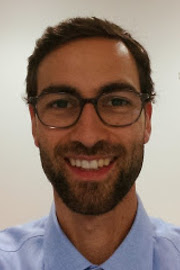 | Dr David InglisDr Inglis develops lab-on-a-chip rapid diagnostic micro devices for biomolecular separation, concentration and detection of viruses, bacteria and parasites in environmental samples and bodily fluids. |
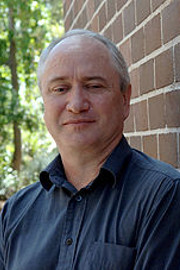 | Dr Ian JamieDr Jamie is interested in the emission, transport and transformation of chemicals in the environment, especially attractants used for for detection, monitoring and control of insect pests. |
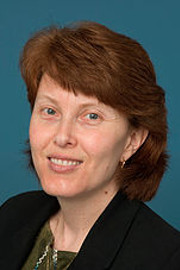 | Associate Professor Joanne JamieAssociate Professor Jamie works with indigenous communities to discover bioactive compounds from traditional foods and medicines. She is also interested in isolation, synthesis and use of attractants for sustainable insect pest management. |
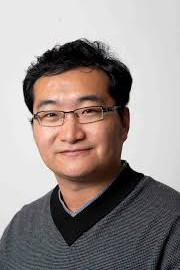 | Dr Yiqing LuDr Yiqing Lu develops high-throughput methods and instrumentation for biological as well as photonic applications, especially for rapid screening of pathogens in environmental and clinical samples. |
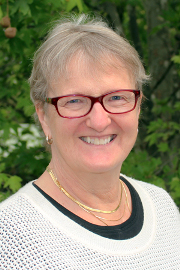 | Professor Helena NevalainenProfessor Nevalainen studies filamentous fungi, some of which are important plant pathogens and biological control agents. She develops processes for identifying fungi using visual and molecular means, and strategies for combating pathogenic fungi. |
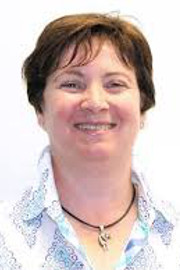 | Dr Michelle PowerDr Power is interested in host parasite interactions and emerging disease at the human: domestic animal: wildlife boundary. |
 | Dr Ram RanjanDr Ranjan uses bio-economic models to investigate resource economics associated with the management of natural resources threatened by invasive species. |
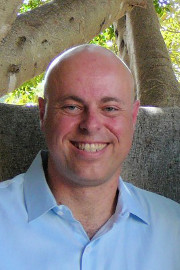 | Dr George TomossyDr Tomossy is interested in biosecurity law and policy, capacity building for trade, environment and development of nations, and challenges posed by biosecurity threats to international health governance and national legal systems. |
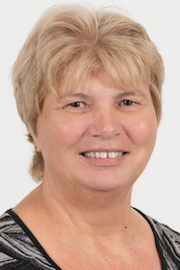 | Associate Professor Karen VickeryAssociate Professor Vickery investigates how bacterial biofilms impact human health and promote transmission of infection particularly within healthcare settings. |
Research Fellows
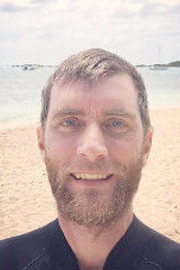 | Dr John BaumgartnerDr Baumgartner’s main research interests are in modelling the impacts of climate change on plant and animal distributions (currently Queensland fruit fly), and identifying optimal management decisions under uncertainty. |
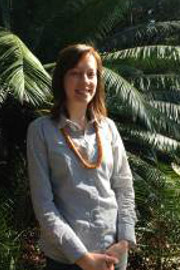 | Dr Alexandra CartheyDr Carthey investigates role of chemical communication in novel interactions between plants and their vertebrate herbivores. She focuses on how plant chemicals influence the use of native and exotic plants by vertebrate herbivores in Australia. |
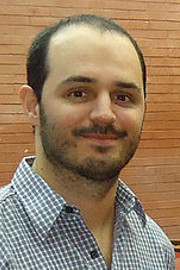 | Dr Francisco DevescoviDr Devescovi is investigating mating-induced switch in olfactory preferences of female Queensland fruit flies, an important aspect of mating-induced sexual inhibition that is key to success of sterile insect technique programs. |
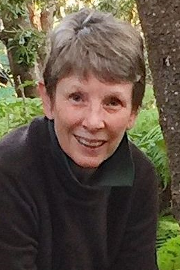 | Dr Nola HancockDr Hancock is currently assessing the vulnerability of endangered species and ecosystems to climate change in NSW and writing ecological restoration guidelines. |
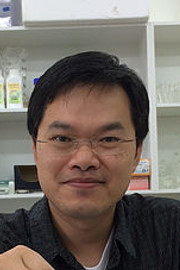 | Dr Siu Fai (Ronald) LeeDr Lee is a molecular geneticist based at CSIRO in Canberra. Current research explores genetic foundations of domestication, geographical variation, ecological competence, reproductive fitness, and nutritional adaptation of Queensland fruit fly. |
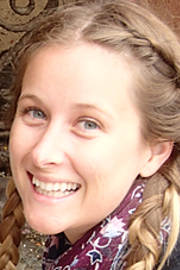 | Dr Kate LynchDr Lynch is investigating the heritable and environmental effects of temperature preference and temperature stress in Queensland fruit fly, to model future distributions and to inform Sterile Insect Technique. |
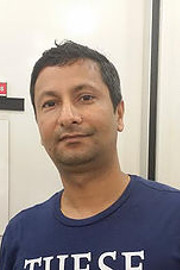 | Dr Bishwo MainaliDr Mainali is studying survival, dispersal and habitat use of wild and sterile Queensland fruit flies. He is also involved in the development of larval diets for sterile insect technique. |
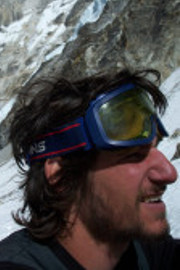 | Dr Anthony ManeaDr Manea is broadly interested in how plant invasions will be altered in a high CO2 world. He is currently working on comparing the volatile emissions, resprouting ability and growth responses to extreme rainfall of native and exotic species. |
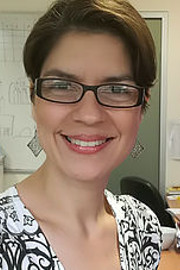 | Dr Vivian MendezDr Mendez’s research with Queensland fruit flies has explored pre-release supplements for sterile insect technique, and developed novel control methods. Current projects investigate effects of domestication on sexual performance, development and immune function. |
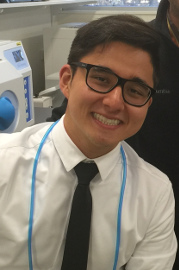 | Dr Juliano MorimotoDr Morimoto investigates a wide variety of topics ranging from host-bacteria interactions, nutrition, evolutionary biology, and animal behaviour. His main research topic focuses on the effects of the gut microbiota on reproduction and sexual selection in the Queensland fruit fly. |
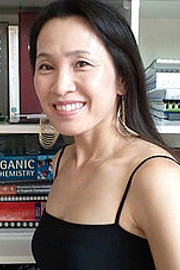 | Dr Soo Jean ParkDr Park is an organic/analytical chemist and chemical Ecologist. Her research interests include development and application of insect attractants and identification and applications of insect pheromones. |
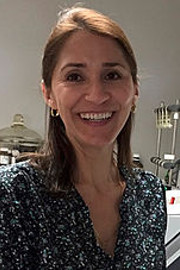 | Dr Jeanneth PerezDr Perez studies behaviour and chemical ecology of fruit flies and their parasitoids. Her current research explores effects of domestication on pheromone production, sexual performance and life history of Queensland fruit flies. |
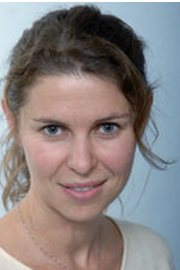 | Dr Fleur PontonDr Ponton seeks to understand nutritional regulation of the innate immune system, the gut microbiota, and infections by bacteria, fungi and viruses, integrating the roles of the host microbiota and immunity. |
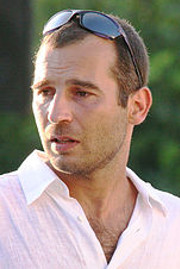 | Dr Chronis RempoulakisDr Rempoulakis combines studies of insect behaviour and ecology with technical developments for sustainable fruit fly control. He has extensive experience in developing sterile insect technique for major fruit fly pests. |
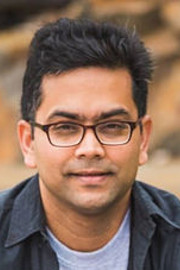 | Dr Sabbir SiddiquiDr Siddiqui studies γH2AX protein, a DNA double-strand break marker. He is developing a γH2AX assay to identify sterile flies for the sterile insect technique, as well as to quantify irradiation doses. |
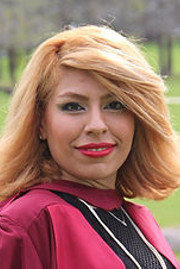 | Dr Shabnam Tarahi TabriziDr Tabrizi is a molecular biologist and biochemist, investigating the relationship between nutrition and gut microbiota in Queensland fruit fly. Her work aims to identify the role of microorganisms and micronutrients. |
Research Students
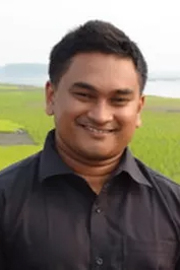
| Saleh AdnanSaleh's project investigates methoprene as a pre-release treatment for Queensland fruit fly sterile insect technique programs. Saleh has found positive effects of methoprene on development and mating performance. |
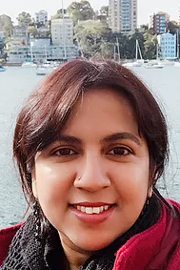
| Humayra AkterHumayra's project is developing raspberry ketone as a pre-release supplement for Queensland fruit fly sterile insect technique programs. Raspberry ketone supplements accelerate maturation and sexual performance of young males. |
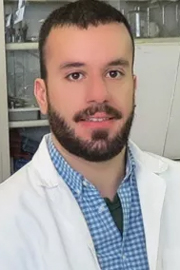
| Maurizio BenelliMaurizio is investigating cold-storage to delay the ‘use by date’ of mass-produced Queensland fruit flies to periods of greater need in sterile insect technique programs, improving alignment of demand and supply. |
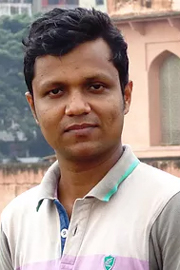
| Md Jamil Hossain BiswasJamil works on the integration of sterile insect technique into area-wide Integrated Pest Management schemes to control Queensland fruit fly. His work will help to optimise combinations of control methods. |
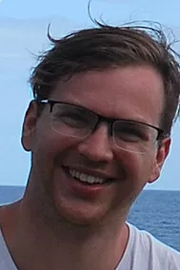
| Donald CameronDonald is investigating deployment and formulation of insect attractants, to enhance the efficacy of lures and to extend the operational life of lures in field conditions. |
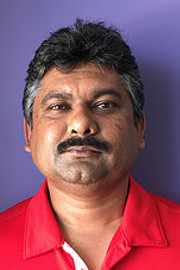 | Nilesh ChandNilesh’s project investigates the olfactory responses of fruit flies to odors produced by the diverse bacteria with which their ecology is intimately interwoven. |
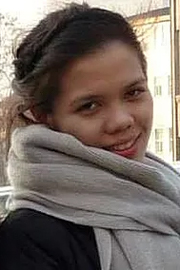
| Hue DinhHue’s project focuses on interactions between nutrition, immune function, and infections in Queensland fruit fly. This research is important to generate healthy flies for sterile insect technique programs. |
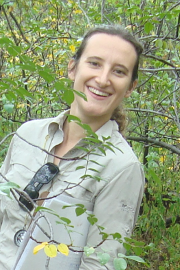 | Laura FernandezLaura is concerned about the ecological impacts of Puccinia psidii (myrtle rust), an invasive fungus which is attacking the dominant tree family in Australia, and its effects on species composition and abundance in the understorey of susceptible species and recruitment after fire. |
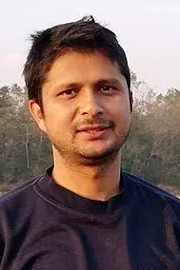
| Sushil GaireSushil’s research evaluates quality of mass reared Queensland fruit flies for Sterile Insect Technique, ensuring that the techniques used produce flies that have the highest possible performance in the field. |
 | Ina GeedickeIna is investigating the impact of stormwater outlets on urban saltmarsh and mangrove distribution and how urban pollution affects the health of estuarine wetlands. |
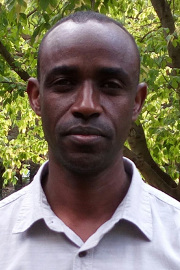 | Guyo Duba GufuGuyo investigates the response of invasive freshwater macrophytes to climate change. |
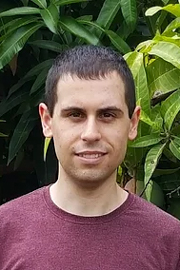
| Ben HanssenBen investigates new lures based on zingerone to enable detection of fruit flies that do not respond to standard lures, and for improved control of Jarvis’ fruit fly. |
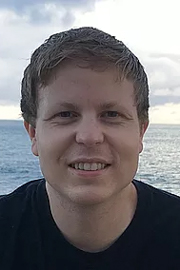
| Jess InskeepJess' project explores effects of domestication and irradiation on behaviour of Queensland fruit flies. He is also interested in improved trapping methods. |
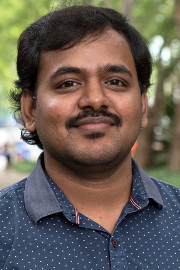 | Vinoth KumarVinoth is working on developing a handheld device for rapid and real time molecular detection of pathogens. The entire device is highly portable, user-friendly, battery operated and provides DNA amplification in less than 30 minutes outside a labroatory environment. |
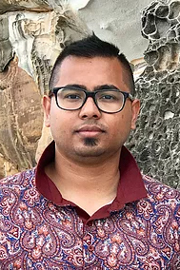
| Rajib MajumderRajib investigates effects of culturing practises on gut microbiota of Queensland fruit fly gut ecology, especially in the context of mass-rearing for sterile insect technique programs. |
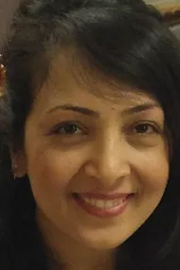
| Tahereh MoadeliTahereh's work focuses on the development of larval diets for mass rearing of Queensland fruit flies that are used in sterile insect technique programs. She has developed novel high-productivity gel diets. |
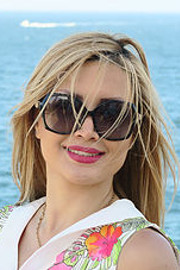 | Sally NoushiniSally is carrying out comparative studies of pheromones produced by Bactrocera fruit flies, identifying putative pheromone components, synthesising each component, and testing for potential as lures. |
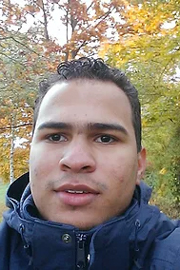
| Angel David PopaAngel is studying regional variation in tolerance to cold, heat, and desiccation in Queensland fruit fly and tracking changes in abiotic stress tolerance through the domestication process. |
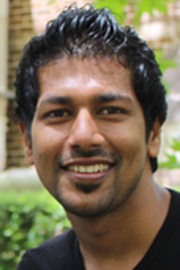
| Darshana RathnayakeDarshana's research focuses on predator-prey interactions of Queensland fruit flies to identify effective biological agents, and susceptibility of sterile male flies to natural predators. |
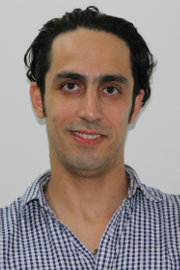 | Mohammad ShadmanyMohammad’s project focuses on patterns of female remating and subsequent sperm use in wild and laboratory populations of the Queensland fruit fly, and identifying male traits associated with paternity advantage. His project will also investigate post-copulatory success of sterile males, such as are released in sterile insect technique management programs. |
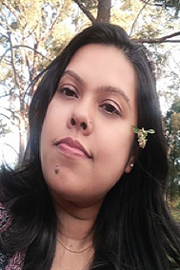
| Sabira SultanaSabira is researching biogeography of Q-fly with the aim of identifying potential geographic shifts in distribution that may occur due to climate change. |
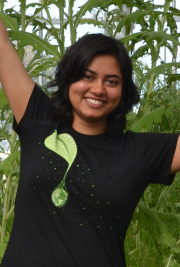 | Samiya TabassumSamiya is interested in the evolutionary ecology of invasive species, particularly the factors that drive rapid range expansion. |
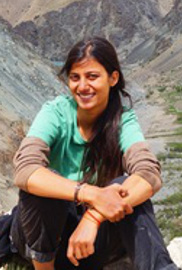 | Sonu YadavSonu is investigating the role of genetic adaptation, landscape connectivity and environmental variables in determining species’ ranges and phenotypic traits along latitudinal and altitudinal gradients using genomic data, and is looking at the agricultural pest Phaulacridium vittatum as well as endemic Kosciuscola grasshoppers in the Australian Alps. |
